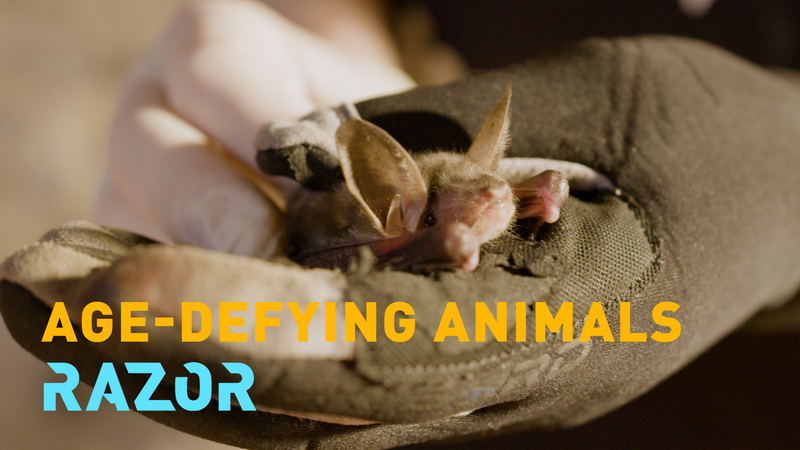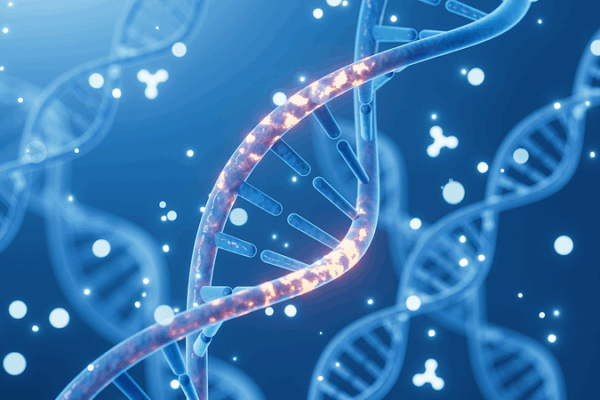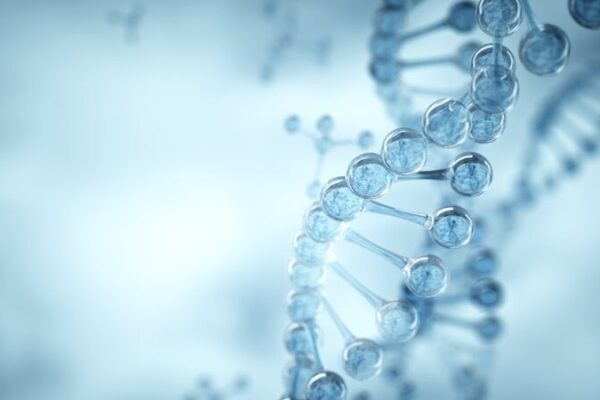
Nature’s Code: How Bats Could Unlock Human Longevity
Scientists study the greater mouse-eared bat’s remarkable genetics in France and regenerative species like axolotls to uncover nature’s secrets to healthy ageing.
My Global News: Voices of a New Era
🌍 Stay Ahead, Stay Global 🚀

Scientists study the greater mouse-eared bat’s remarkable genetics in France and regenerative species like axolotls to uncover nature’s secrets to healthy ageing.

Men with two copies of the H63D HFE gene variant face more than double the dementia risk, a study of 19,000 from the ASPREE trial reveals.

Chinese mainland and UK scientists decode three of Mendel’s classic pea traits—pod color, shape and flower position—paving the way for next-gen crop breeding.
U.S. NIH researchers identify the UBAP1L gene linked to inherited retinal diseases, paving the way for genetic testing and new treatments.
U.S. researchers have identified the UBAP1L gene linked to inherited retinal diseases, opening doors for genetic testing and new therapies.

This Science Saturday covers breakthroughs in ancient DNA, a rare black hole discovery, a failed pig kidney transplant, and a SpaceX Falcon 9 investigation.

Researchers from the Chinese mainland have discovered a new gene that boosts wheat yields by up to 9% in salty soils, promising advancements in sustainable agriculture.

Chinese scientists have discovered a gene that could enhance human longevity and offer a new approach to pest management.

Global scientists collaborate to create an extensive DNA tree of life for flowering plants, offering new insights into plant evolution and Darwin’s ‘abominable mystery.’ Published in Nature.

A recent study suggests that carrying two copies of the APOE4 gene may define a new genetic form of Alzheimer’s, leading to earlier symptom onset and prompting a reevaluation of diagnosis and treatment strategies.